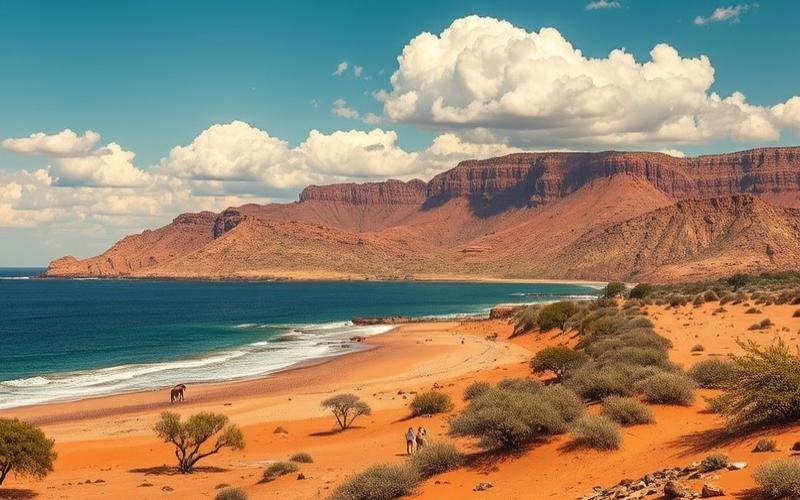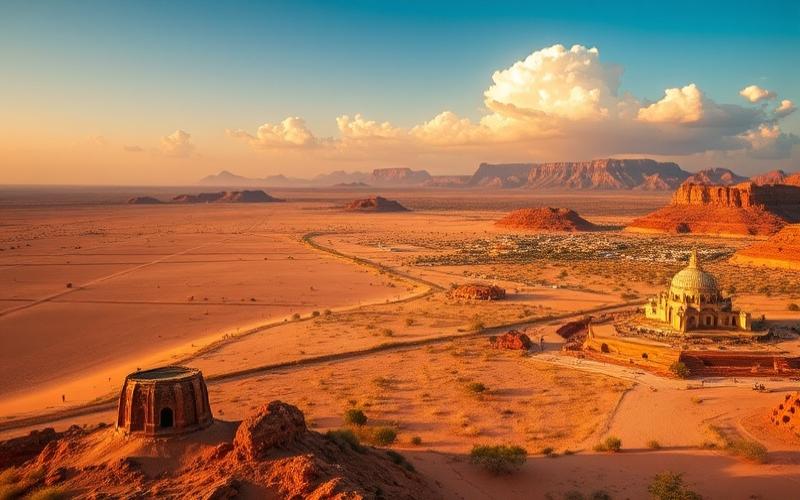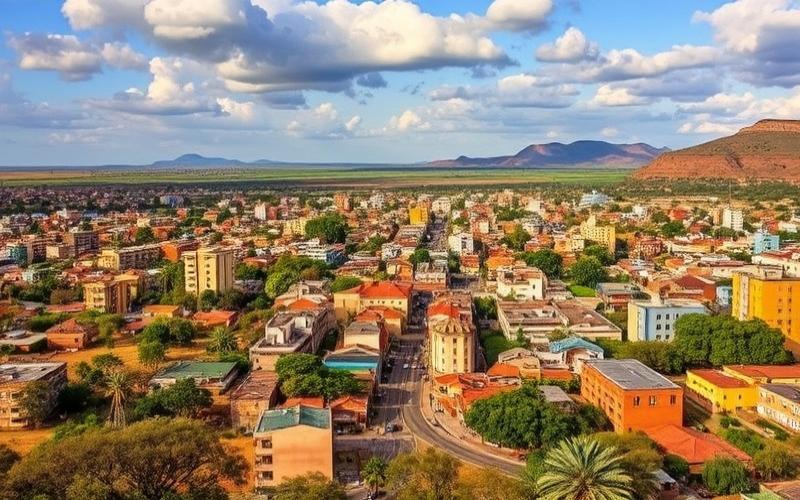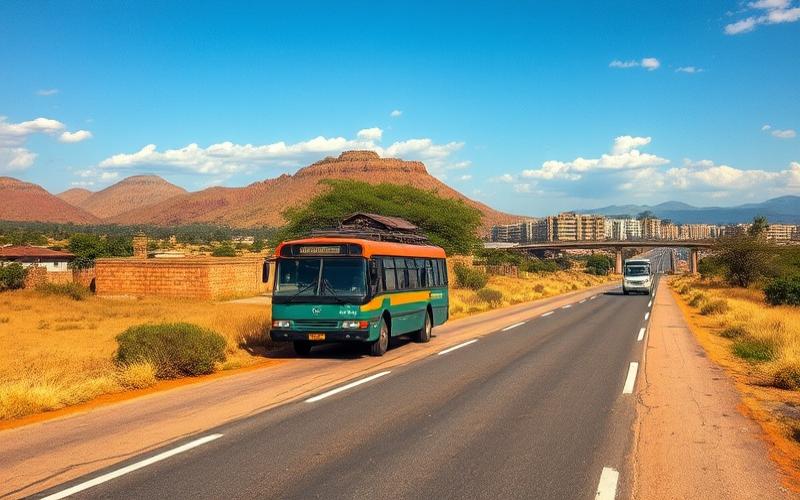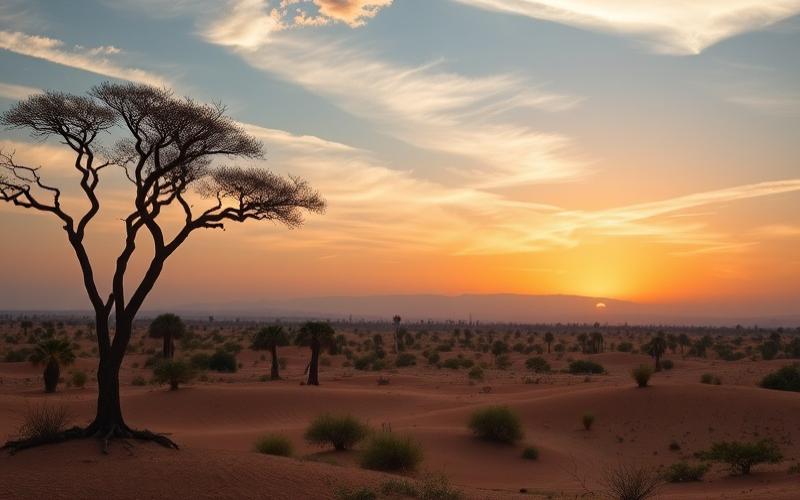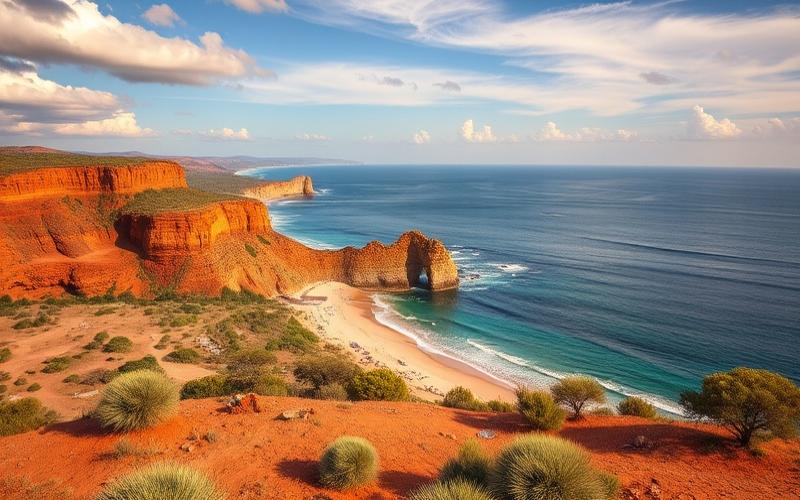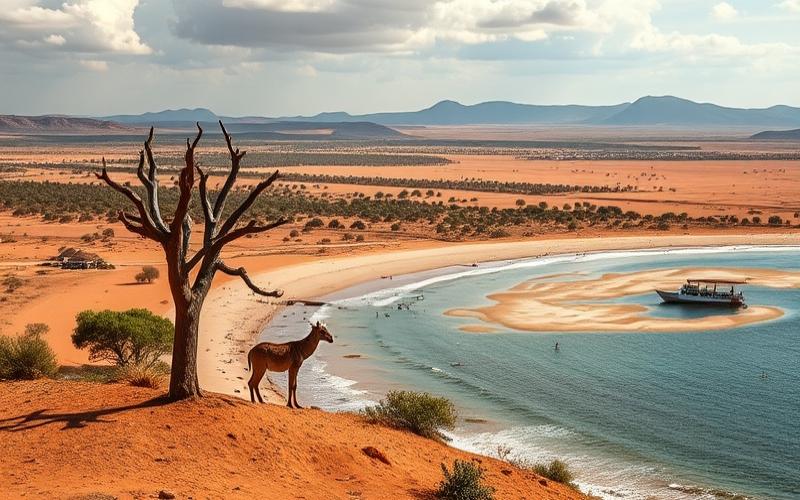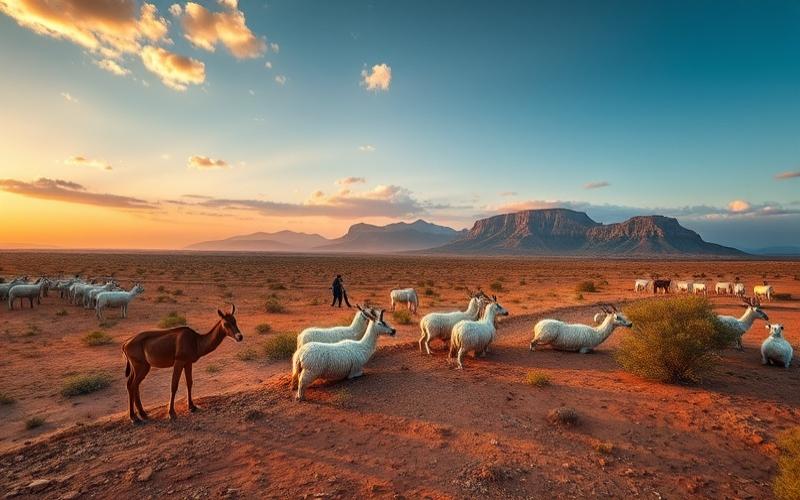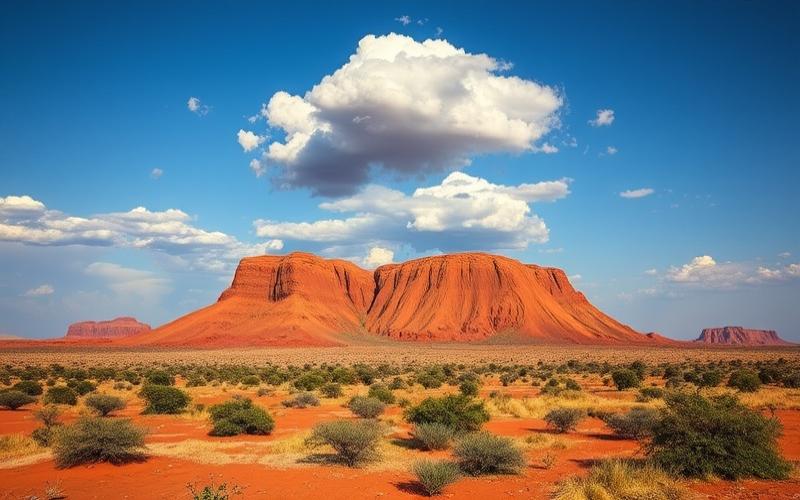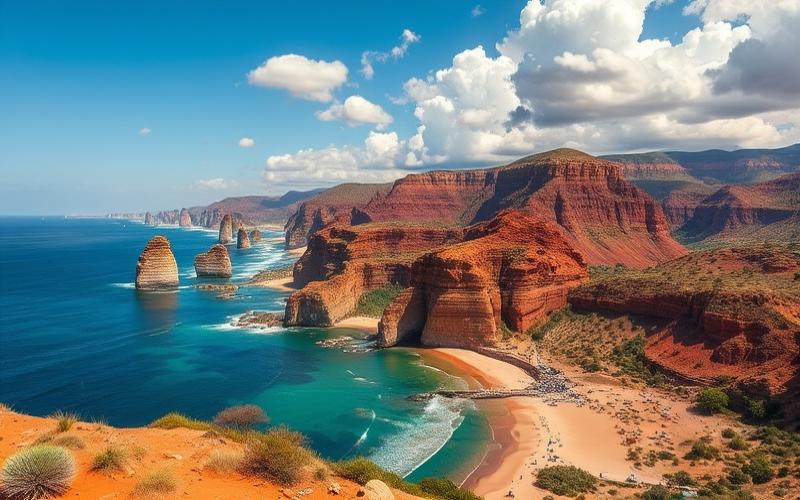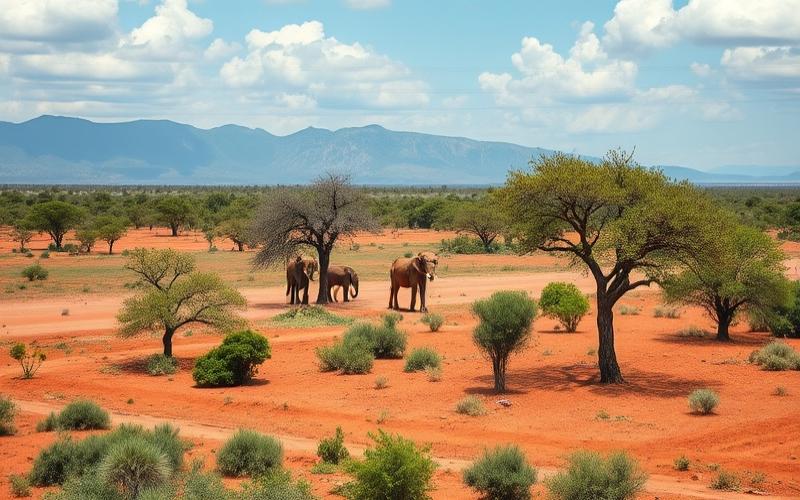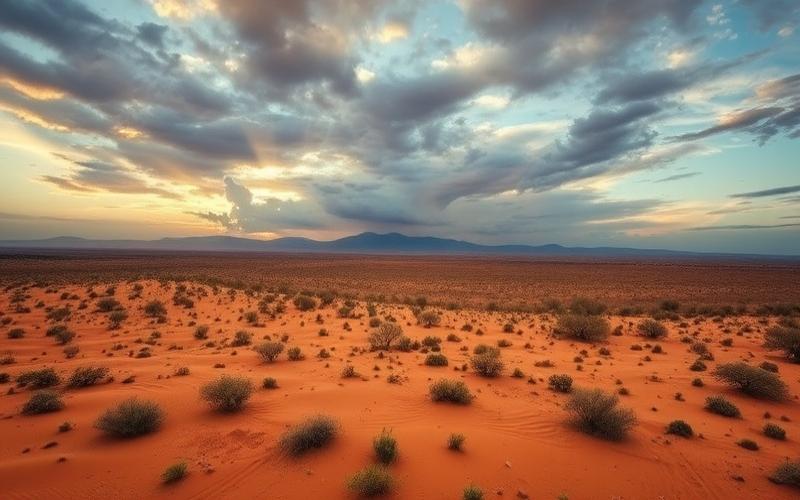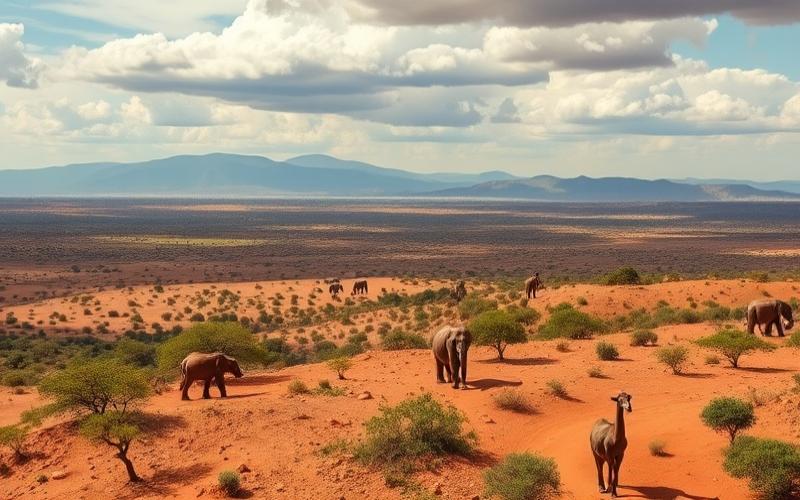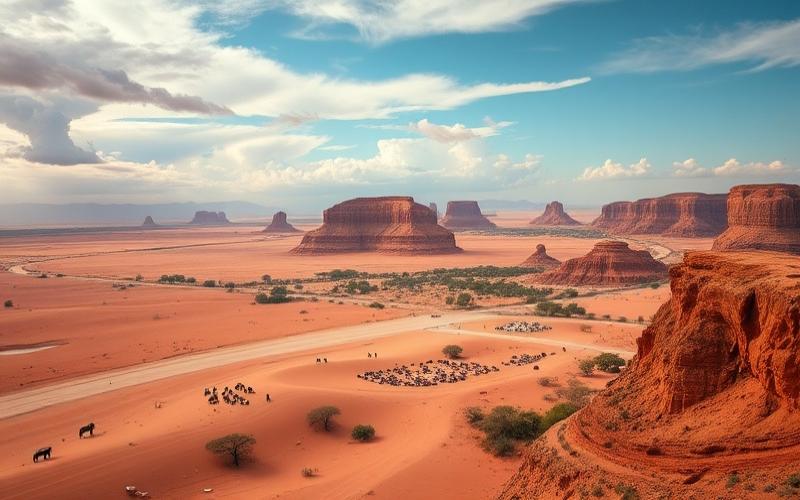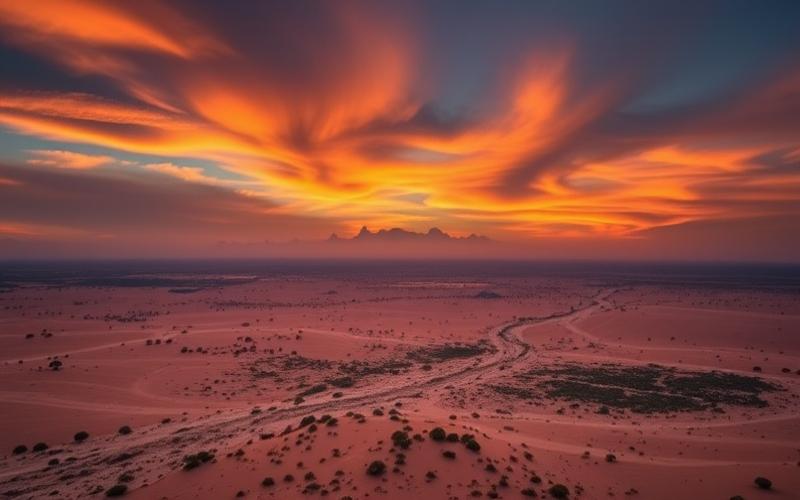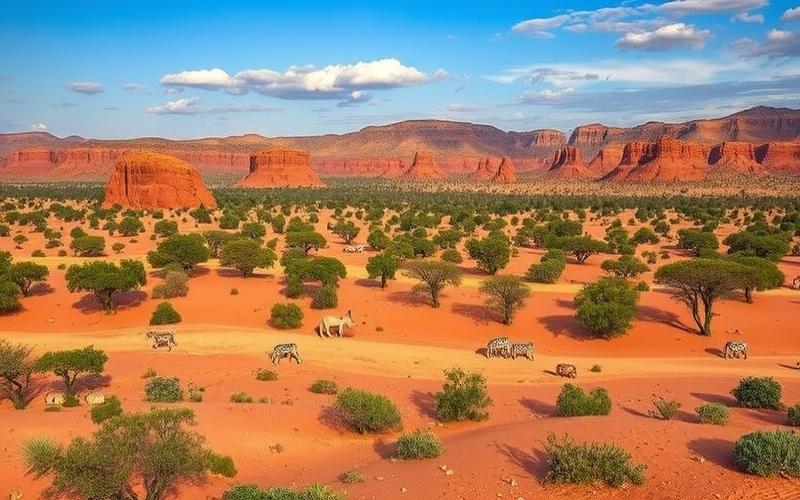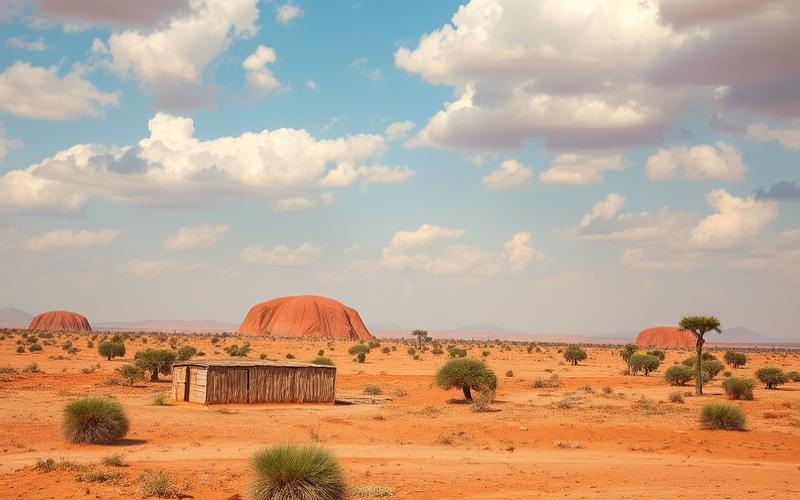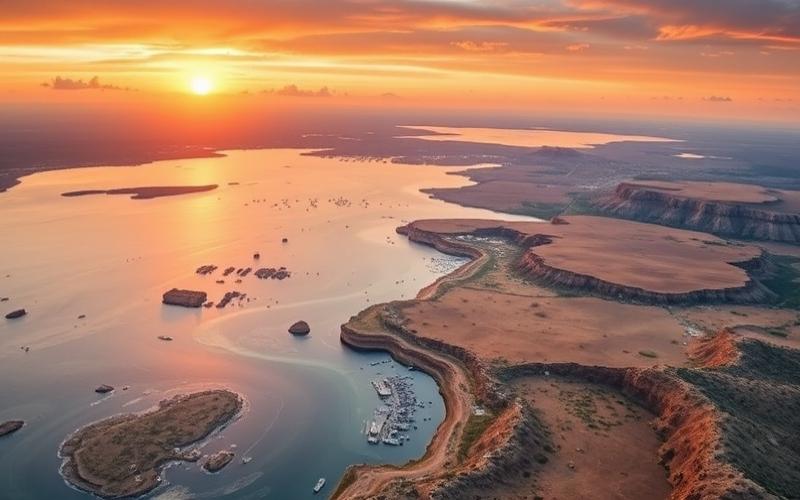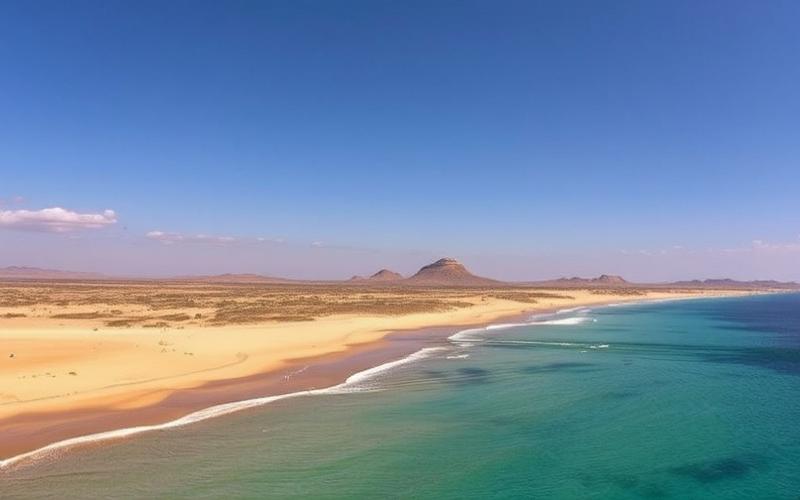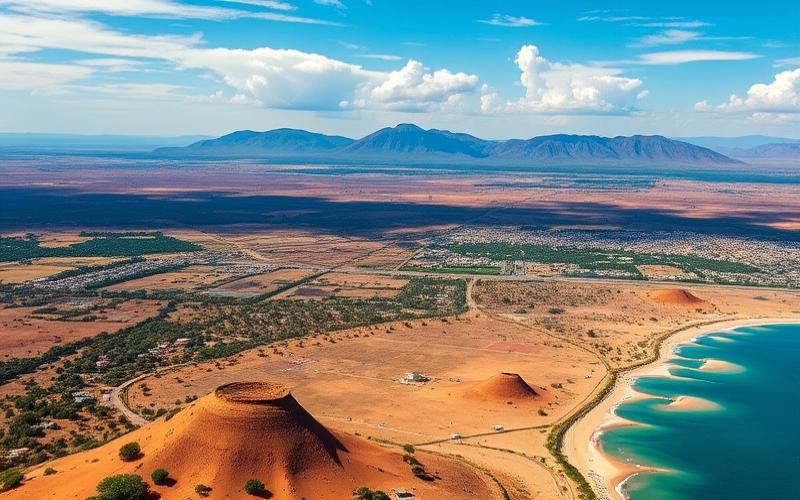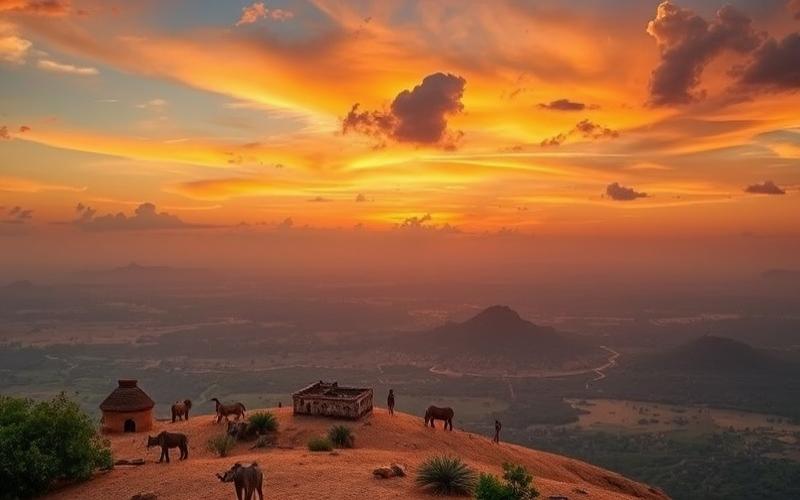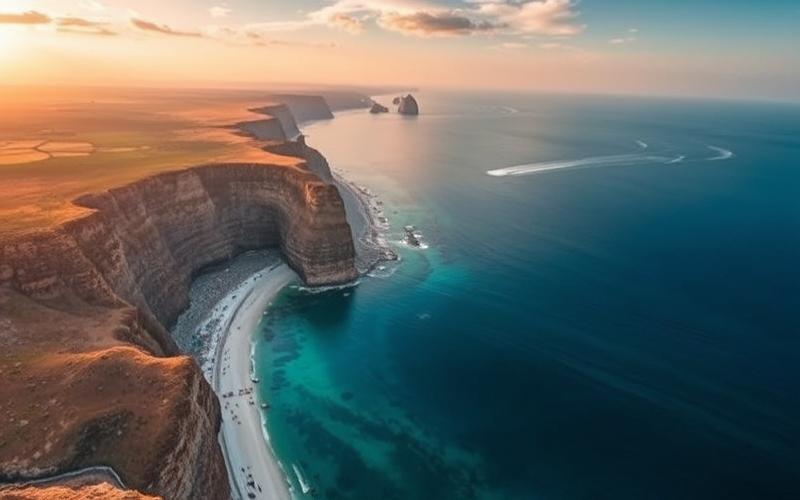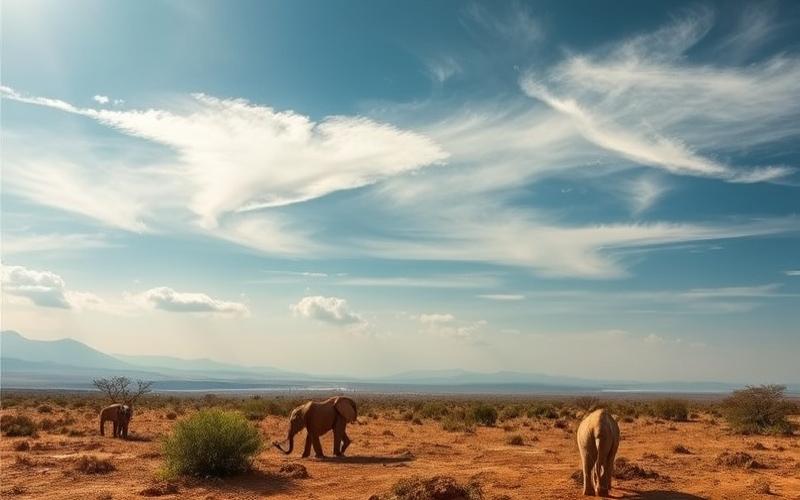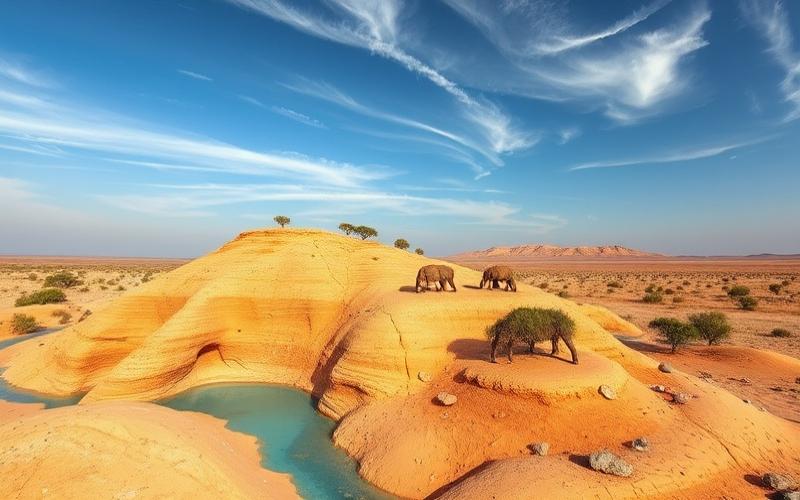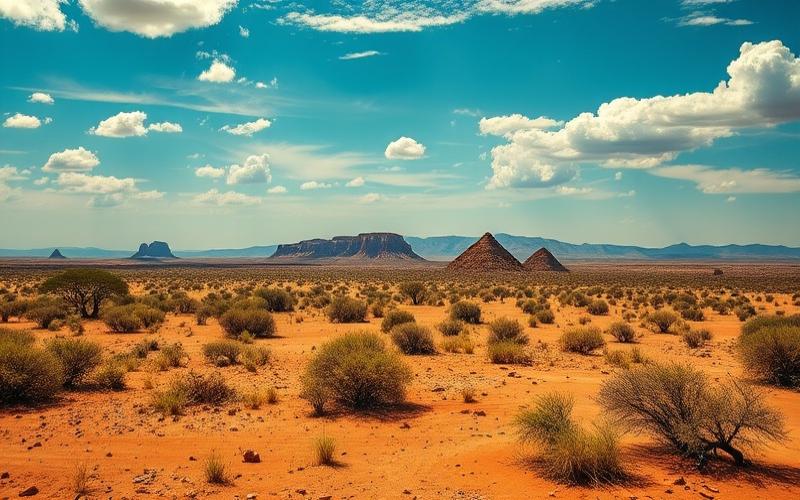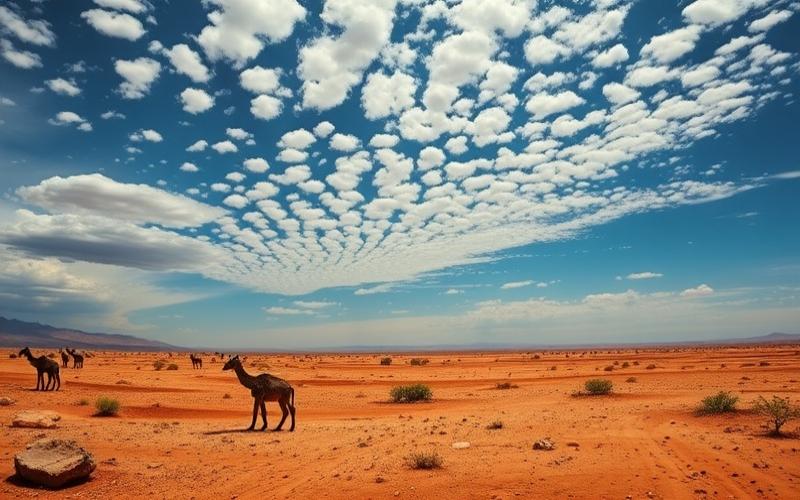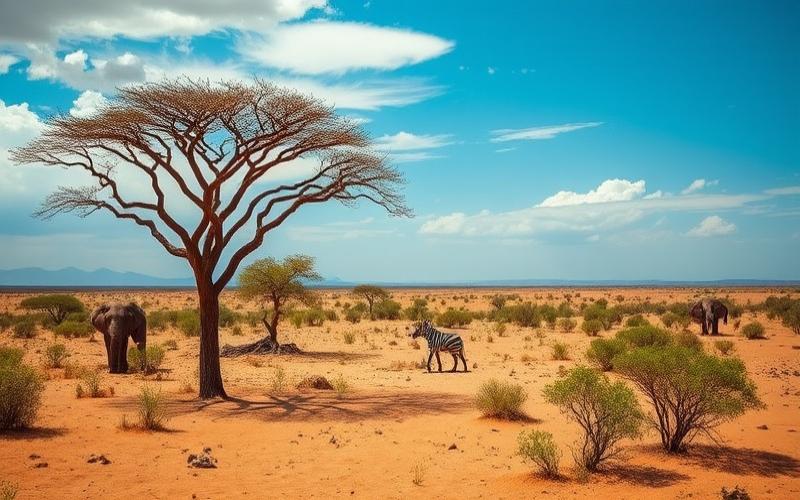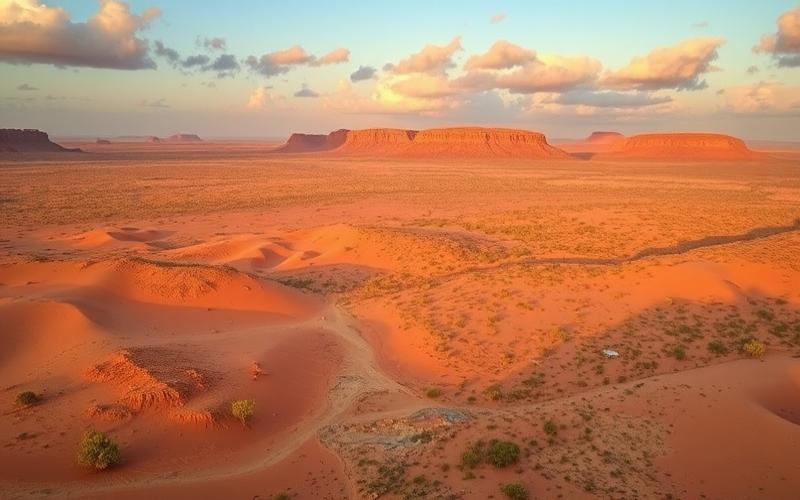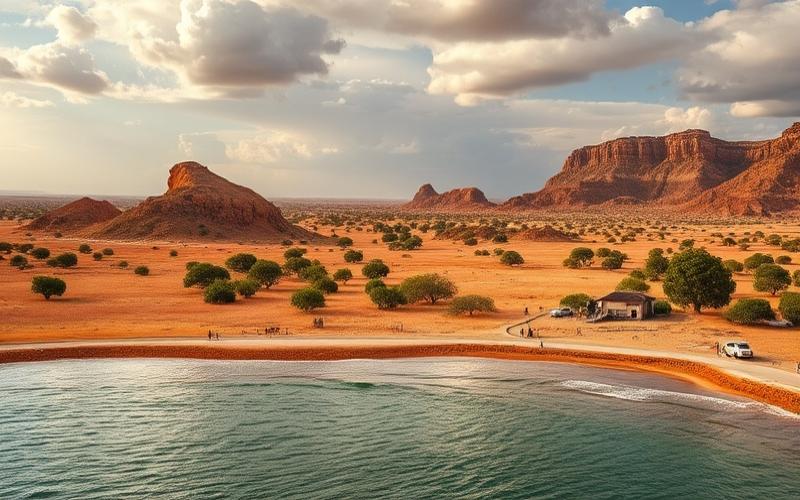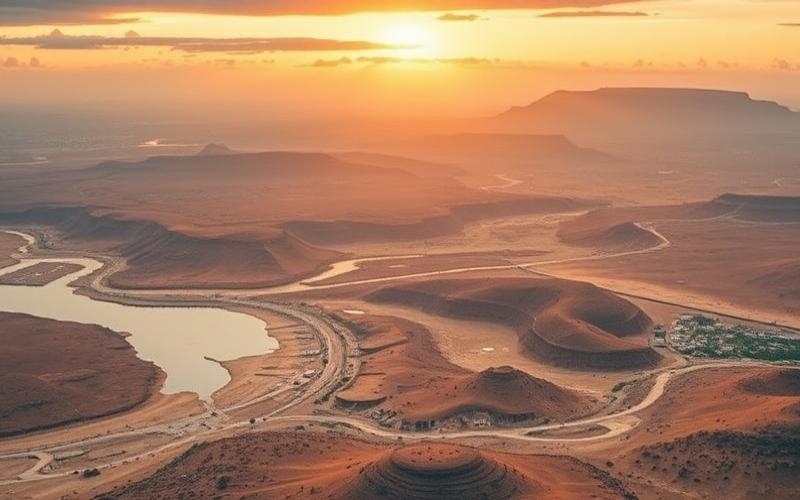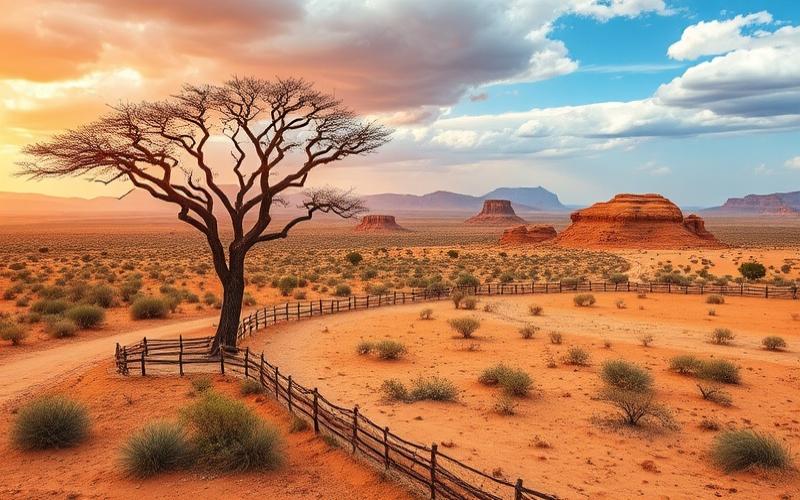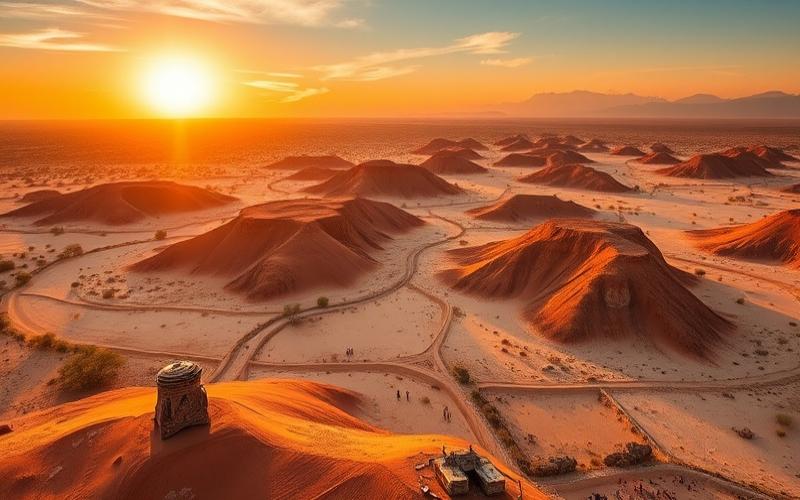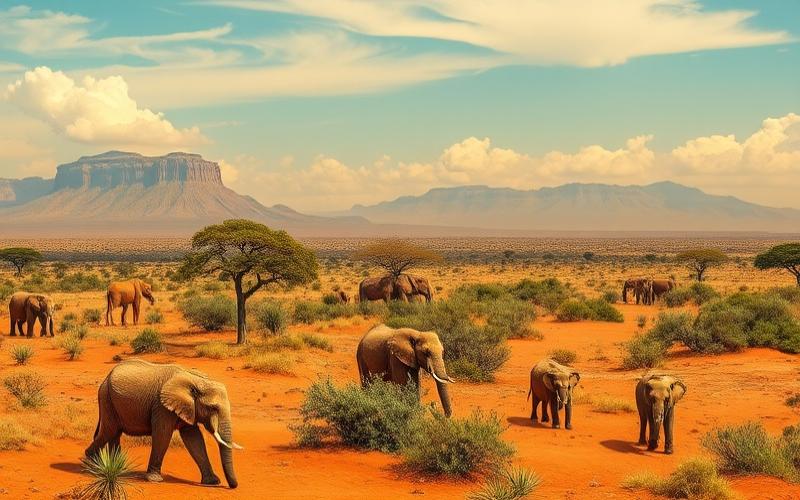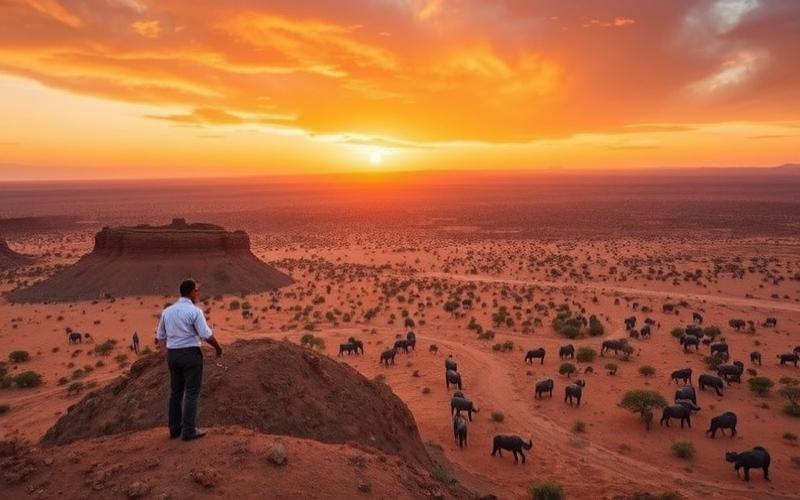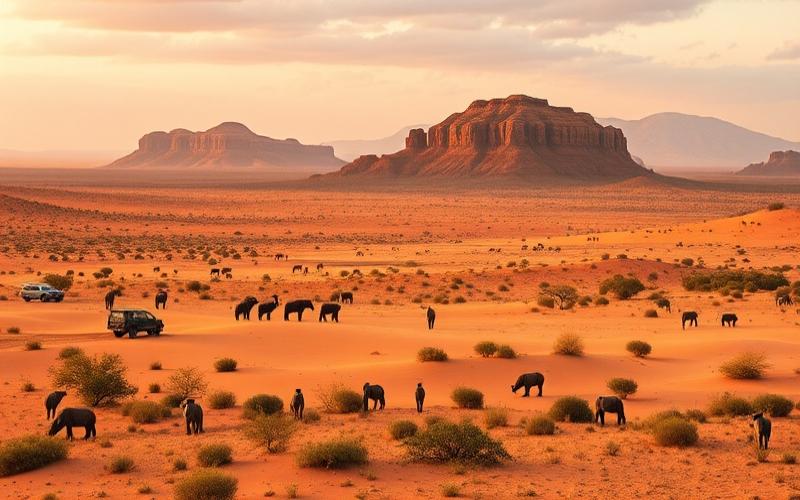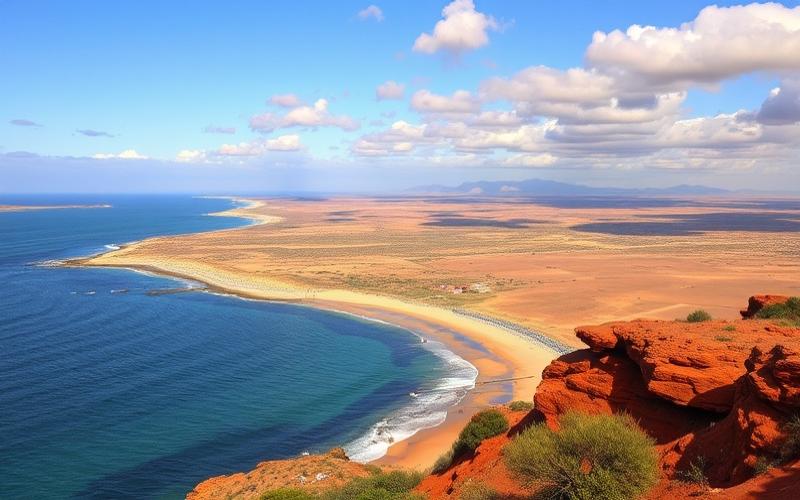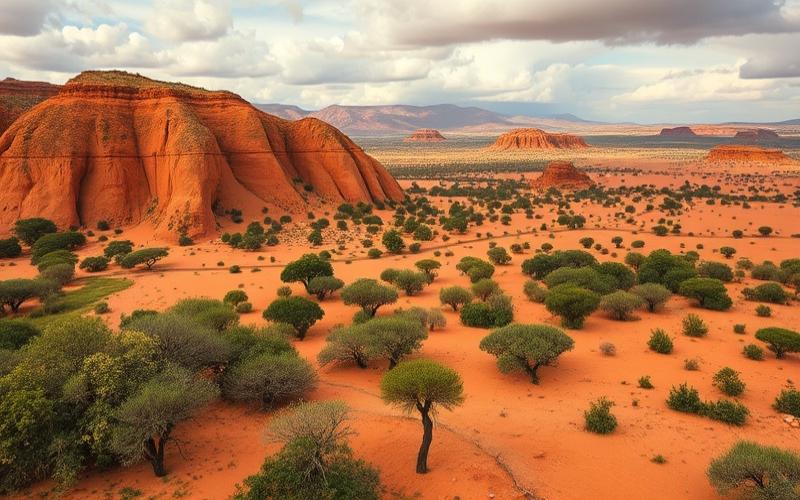
 Published on and written by Cyril Jarnias
Published on and written by Cyril Jarnias
South Africa holds a unique position in the African landscape regarding freedom of expression, a fundamental right enshrined in its post-apartheid Constitution that guarantees citizens a free space to express themselves and criticize power without fear of reprisal.
However, South African media navigate a complex environment where strict regulations and defamation laws can sometimes appear to contradict this liberal momentum.
As the country strives to balance the protection of individual rights and the preservation of democracy, the legal framework’s intricacies surrounding the press raise numerous questions about the future of journalism in this young democracy.
Exploring the dynamics between freedom and regulation in the South African context not only helps understand the challenges media face but also illustrates how South Africa continues to build itself on the values of transparency and openness.
Analysis of South Africa’s Media Legal Framework
South Africa’s media legal framework has undergone profound transformation since the end of apartheid, evolving from a system of severe state censorship to robust constitutional protection of freedom of expression.
Historical and Political Context
- During apartheid, media were subject to strict censorship, arbitrary arrests of journalists, and laws allowing the government to suspend or shut down critical publications.
- After 1994, with the democratic transition and adoption of a new Constitution, press freedom was established as a fundamental principle, supported by favorable jurisprudence and a vigilant civil society.
- Despite this evolution, some laws inherited from apartheid remain, including the criminalization of defamation and the possibility of invoking state secrecy provisions to limit information dissemination.
Current Main Legislation and Regulations
| Legislation / Regulation | Main Objective | Impact on Media |
|---|---|---|
| South African Constitution (1996) | Guarantee freedom of expression and press freedom | Legal foundation for media protection |
| Promotion of Access to Information Act (PAIA, 2000) | Enable public access to information held by the state or private actors | Facilitates investigative journalism and transparency |
| Protection of State Information Act (2013) | Protect sensitive information related to national security | Criticized for its risks of restricting information access |
| Electronic Communications Act (2005) | Regulate electronic communications, telecommunications and broadcasting | Governs the audiovisual and digital sectors |
Key Institutions
- Independent Communications Authority of South Africa (ICASA)
- Regulatory body for electronic communications and broadcasting.
- Issues licenses, ensures media diversity and competition.
- Can impose sanctions for non-compliance with legal obligations.
- Media Development and Diversity Agency (MDDA)
- Supports community media development and sector transformation.
- Promotes access to the media sphere for historically marginalized groups.
Balance Between Freedom of Expression and Regulation
The Constitution and jurisprudence firmly protect freedom of expression, considered a pillar of democracy.
Laws like PAIA promote transparency, while the Protection of State Information Act is criticized for its potential to threaten investigative journalism.
Independent institutions, such as ICASA, ensure oversight without direct government interference, although political pressures persist.
Examples and Recent Cases
The Protection of State Information Bill sparked strong mobilization from civil society (e.g., the Right2Know movement), which fears it could criminalize the publication of leaks in the public interest.
Cases using the National Key Points Act to prevent coverage of certain sensitive sites illustrate the persistence of restrictive practices inherited from apartheid.
International Rankings and Criticisms
| Ranking / Organization | South Africa’s Position | Main Criticisms |
|---|---|---|
| Reporters Without Borders (RSF) | Generally in the top 40-50 | Risks related to state secrecy law, political pressures |
| Committee to Protect Journalists (CPJ) | Press “resolutely free” but under persistent threats | Outdated laws, criminalization of defamation, control attempts |
International organizations praise the vitality of South African journalism while warning about legislative threats and political control aspirations.
Recurring criticisms target the maintenance of obsolete laws, the temptation of “media patriotism” promoted by some political officials, and attempts to intimidate independent press.
Summary of Current Challenges and Controversies
- Need to reform laws inherited from apartheid.
- Constant citizen vigilance to preserve media independence.
- Tensions between national security requirements and freedom to inform.
The South African legal framework remains a model on the continent, but it remains under the watch of jurists, journalists, and human rights defenders, facing risks of authoritarian drifts and abusive restrictions.
Good to Know:
Since the end of apartheid, South Africa has strengthened the protection of freedom of expression with laws like the Constitution and the Promotion of Access to Information Act, but criticisms persist regarding the Protection of State Information Act, deemed restrictive. Institutions like ICASA play a crucial role in controlling media content, but debates on the balance between regulation and freedom continue, notably illustrated by recent media cases and international organizations’ criticisms of the current legislative framework.
Freedom of Expression and Challenges for Expatriate Journalists
The South African legal framework guarantees freedom of expression through Section 16 of the Constitution, which explicitly protects press freedom and the right to transmit or receive information. However, this right has limits, particularly concerning war propaganda, incitement to imminent violence, or hate speech based on race, ethnicity, gender, or religion.
| Section | Content |
|---|---|
| Section 16(1) | Guarantee of freedom of expression, press, to receive and transmit information |
| Section 16(2) | Limits: exclusion of war propaganda, incitement to violence, hate speech |
This legal framework applies to both local and foreign journalists. They therefore theoretically enjoy the same rights to freedom of expression and access to information. However, they remain subject to visa obligations, national security legislation, and regulations on access to certain types of sensitive information.
Specific Challenges for Expatriate Journalists:
- Legal and Administrative Constraints:
- Sometimes lengthy or restrictive visa and accreditation procedures.
- National security laws that may limit coverage of certain topics (e.g., organized crime or corruption).
- Risk of prosecution for defamation or publication of information deemed sensitive.
- Political and Institutional Pressures:
- Attempts at intimidation or harassment by political actors or interest groups.
- Difficulty accessing official information, especially during investigations into corruption or power abuses.
- Social and Historical Environment:
- Legacy of segregation and racial tensions that can complicate fieldwork.
- Distrust towards foreign journalists perceived as bringing external or critical perspectives.
Recent Incident Examples:
- Several foreign journalists faced pressure while covering social protests or corruption cases involving South African political figures.
- Incidents were reported during the investigation into xenophobic violence, where some expatriate journalists were targeted or prevented from accessing certain sensitive areas.
- In 2023, foreign correspondents reported difficulties obtaining official information on pandemic management or organized crime cases.
Protection Measures and Initiatives:
- Adoption of the Declaration of Principles on Freedom of Expression and Access to Information in Africa, which strengthens journalists’ rights, including expatriates, and serves as an advocacy tool with authorities.
- Existence of monitoring mechanisms by the African Commission on Human and Peoples’ Rights, which can investigate violations and make recommendations.
- Increased cooperation between NGOs, journalists’ unions, and South African institutions to establish training, alert networks, and legal assistance for foreign journalists.
- Regular meetings between NGOs, journalists, and authorities to assess progress and discuss persistent challenges.
Key Takeaways:
Freedom of expression in South Africa is firmly anchored in the Constitution, but expatriate journalists must navigate specific legal, political, and social challenges. National and pan-African initiatives exist to protect these professionals, but vigilance remains necessary in the face of persistent pressures and restrictions.
Good to Know:
In South Africa, although the Constitution protects freedom of expression, expatriate journalists face challenges such as legal restrictions and political pressures, like the censorship case of journalist Alison Bethel McKenzie in 2022. Initiatives like the International Federation of Journalists’ Journalist Protection Program aim to enhance the safety and freedom of these professionals.
Media Regulations and Their Social Impacts
The history of media regulations in South Africa reflects the country’s political evolution, from apartheid to the democratic era.
Historical Overview of Media Regulations
- Apartheid Period (1948-1991): Media were strictly controlled by the state, with laws imposing censorship, official propaganda, and repression of dissenting voices. Any critical expression towards the regime or denouncing racial segregation was subject to sanctions. Apartheid laws, in effect from 1948 to 1991, institutionalized racial segregation and severely limited press freedom, justifying these measures by preserving “public order.”
- Democratic Transition (1990s): With the end of apartheid, legislative reforms gradually repealed racial and censorship laws. The new 1996 Constitution enshrined freedom of expression but also provided limits to protect human dignity and prevent hate speech.
- Post-Apartheid Regime (1994 to present): Media enjoy unprecedented freedom but are subject to regulations intended to balance freedom of expression and social responsibility.
Current Main Laws and Regulatory Bodies
- Independent Communications Authority of South Africa (ICASA): Regulates electronic communications and broadcasting. Ensures media diversity and equitable access to information.
- Press Council of South Africa: Self-regulatory body responsible for handling complaints against print media, guaranteeing journalistic ethics, and protecting the public from abuses.
- South African Constitution (1996): Section 16 – guarantees freedom of expression, except for speech inciting hatred, violence, or war.
Balance Between Freedom of Expression and Combating Harmful Content
- South African laws prohibit the publication of hate speech, statements inciting violence or discrimination, and impose sanctions for disseminating false information that could harm security or public order.
- The Constitution protects press freedom but explicitly provides limits to prevent incitement to racial, ethnic, or religious hatred.
- Regulatory bodies impose strict ethical codes on media while allowing citizens to file complaints with the Press Council in case of misconduct.
Social Impacts of Regulations
- Access to Information: Media openness has fostered greater transparency and access to pluralistic information, contributing to civic education and the fight against discrimination.
- Education: Media play a key role in raising awareness about human rights and national reconciliation.
- Journalists’ Rights: While they enjoy increased freedom, journalists remain exposed to political, economic, or judicial pressures, especially during sensitive investigations.
Concrete Examples and Case Studies
| Case or Event | Regulation Effect | Social Impact |
|---|---|---|
| Media censorship during apartheid | Repression of opponents and control of public opinion | Disinformation, fear, clandestine resistance |
| Protection of State Information Bill (2010, contested bill) | Risk of restricting press freedom | Civil society mobilization, public debates |
| High-profile hate speech cases (e.g., Julius Malema) | Application of laws against incitement to hatred | Strengthened debate on freedom of expression limits |
Current and Future Challenges
- Growing disinformation on social media, requiring adaptation of regulations without infringing on freedom of expression.
- Risk of censorship or self-censorship under political pressure, especially during electoral periods.
- Economic pressures on independent press, threatened by media concentration and financial instability.
- Ongoing debate on source protection and journalist safety.
Expert Quotes and Analyses
“The South African Constitution is one of the most progressive in the world regarding freedom of expression, but it also imposes clear responsibilities on media to protect social cohesion.”
Thandeka Gqubule, media law specialist
“The challenge today is no longer just state censorship, but fighting disinformation and polarization through new media.”
William Bird, director of Media Monitoring Africa
“South Africans crave honest and pluralistic information, but distrust towards media remains, inherited from decades of manipulation under apartheid.”
Nkosinathi Benson, local journalist
Visual Summary: Evolution of Regulations
| Period | Political Regime | Nature of Media Regulations |
|---|---|---|
| 1948-1991 (apartheid) | Authoritarian, segregation | Censorship, propaganda, racial laws |
| 1990-1996 (transition) | Democratic reforms | Gradual lifting of restrictions, debates |
| Since 1996 | Constitutional democracy | Press freedom, regulated limits |
Contemporary Issues
- How to maintain balance between an open public space and preventing abuses (hate, disinformation)?
- What evolution for regulatory bodies facing the rise of digital media?
- How to guarantee journalistic independence in a context of multiple pressures?
Box: The rights and duties of media in South Africa are constantly being redefined, oscillating between memory of past abuses and the demands of a modern democracy.
Good to Know:
Since the end of apartheid, South Africa has seen its media regulations evolve, with current laws under the auspices of ICASA and the Press Council to balance freedom of expression and the fight against hate speech. These regulations have enabled better access to information, although they face persistent challenges like disinformation and political pressure.
Disclaimer: The information provided on this website is for informational purposes only and does not constitute financial, legal, or professional advice. We encourage you to consult qualified experts before making any investment, real estate, or expatriation decisions. Although we strive to maintain up-to-date and accurate information, we do not guarantee the completeness, accuracy, or timeliness of the proposed content. As investment and expatriation involve risks, we disclaim any liability for potential losses or damages arising from the use of this site. Your use of this site confirms your acceptance of these terms and your understanding of the associated risks.

